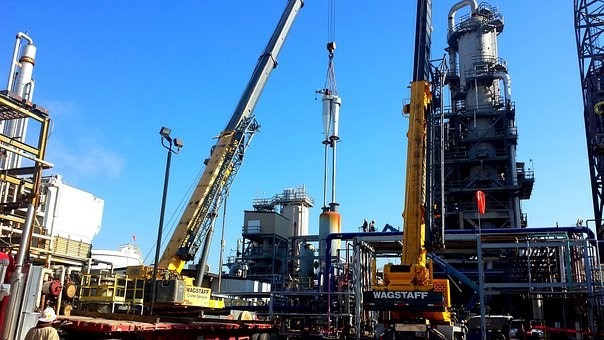Key Points:
- Brent Crude Futures rose to $85.95 a barrel; U.S. Crude Futures increased to $81.18 per barrel.
- Geopolitical tensions and supply concerns are driving factors behind the price changes.
- Recent military and political developments further complicate the global oil supply landscape.
In global economics, few commodities play as pivotal a role as oil. Its prices are a barometer for energy markets and mirror the geopolitical climate that can sway supply and demand dynamics.
The early Asian trading session on Monday witnessed a noticeable uptick in oil prices, with Brent Crude Futures climbing by 52 cents to $85.95 a barrel and U.S. Crude Futures seeing a 55-cent increase to $81.18 per barrel. This movement comes on the heels of a less than 1% decline in both benchmarks from the week prior, highlighting the volatile nature of oil markets in response to a constellation of influencing factors.
Geopolitics & Supply Woes Push Oil Prices Higher
The backdrop against which these price movements occur is one of escalating geopolitical tensions and acute supply concerns. The Middle East remains a tinderbox of conflict, with escalating conflicts exacerbating supply worries. Meanwhile, the standoff between Russia and Ukraine has intensified. Attacks on energy infrastructure are signalling a grim outlook for ceasefire prospects.
Notably, the U.S. oil rig count’s slight decrease suggests a potential dip in future supply, while military actions in Ukraine and sanctions against Russian crude further complicate the supply landscape. Amid targeted attacks and sanctions, approximately 12% of Russia’s oil processing capacity suffers, highlighting the global oil supply chains’ vulnerability.
Military Moves Disrupt Global Oil Flow
Recent weeks have seen significant military and political manoeuvres that bear directly on the oil market. Russia’s unprecedented aerial bombardment of Ukraine’s energy systems and reciprocal attacks on Russian oil infrastructure highlight a new front in the conflict that directly threatens oil supply stability.
In the Middle East, Israeli military operations in Gaza and U.S. interventions against Houthi attacks in the Red Sea further escalate tensions, with direct implications for oil transportation routes and supply security.
Oil Prices: Market Analyst Insights
Because of these developments, market analysts weigh in on their implications for global oil markets. Hiroyuki Kikukawa from NS Trading highlights rising geopolitical tensions and energy facility attacks as key global oil supply concerns. Similarly, analysts from ANZ Research emphasise the disruptions to Russian oil refineries and the challenges posed by sanctions, noting these factors contribute to tightening global market conditions.
These insights reveal how geopolitical strife, military engagements, and supply chain vulnerabilities intricately affect oil prices, amongst other factors. Market participants stay vigilant, as evolving situations and transition words show oil prices depend on global politics and economics.
















